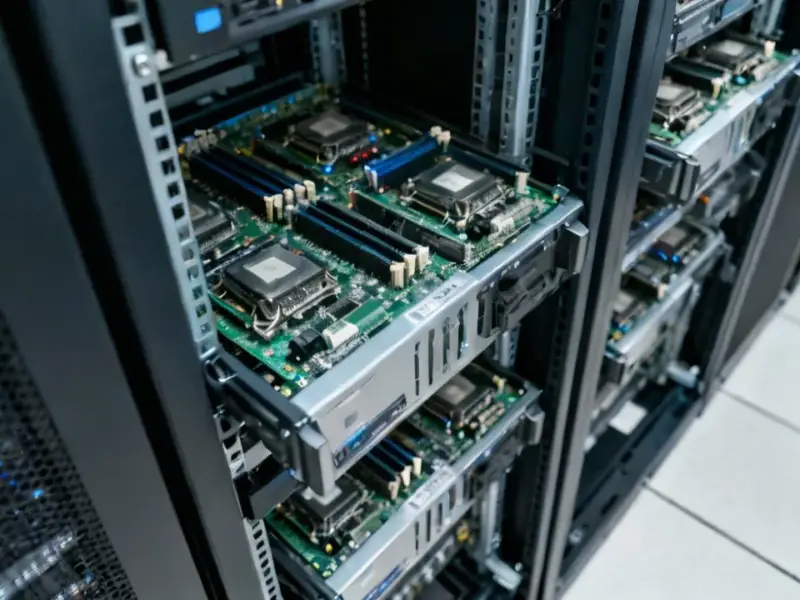According to Fortune, Goldman Sachs CEO David Solomon is pushing back against AI job replacement fears, arguing that while there will be disruption, the economy has proven “very nimble” throughout history. Solomon specifically referenced recent layoffs like Amazon’s 14,000 job cuts, though Amazon CEO Andy Jassy said those weren’t “really AI-driven” currently. A Goldman Sachs survey of investment banking clients found only 11% are actively cutting jobs because of AI right now. However, the same survey revealed 37% of clients across real estate, tech, and finance are already using AI in production, with that number expected to jump to over 50% within a year and 74% within three years. Solomon acknowledges AI implementation may reduce some white-collar positions but believes the economy will create new jobs elsewhere.
The Reality Check
Here’s the thing about Solomon’s perspective – it’s grounded in historical patterns rather than pure speculation. We’ve seen this movie before with automation, computers, and the internet. Each time, doomsayers predicted mass unemployment, and each time, new industries and roles emerged that nobody could have predicted. But this time does feel different, doesn’t it? The speed of AI advancement is unprecedented, and we’re seeing adoption rates that would have been unthinkable for previous technologies.
What’s really interesting is the disconnect between the headlines and the actual data. Everyone’s talking about AI-driven layoffs, but only 11% of Goldman’s clients are actually doing it? That suggests much of the panic might be premature. Companies are clearly experimenting and implementing, but they’re not yet swinging the axe en masse. At least not explicitly because of AI.
The Quiet Revolution
Now here’s where it gets real. While job cuts might be minimal right now, the adoption numbers tell a different story. 37% of major companies already using AI in production? That’s huge. And the projection that three-quarters will be onboard within three years? Basically, we’re looking at the fastest enterprise technology rollout in modern history.
So what does this mean for workers? Solomon’s probably right that the economy will adapt long-term. But in the short to medium term, there’s going to be some serious turbulence. Jobs might not disappear entirely, but they’ll definitely transform. The skills that made someone valuable last year might be obsolete next year. And that adaptation period can be brutal for individuals, even if the overall economy figures it out eventually.
The Enthusiasm Problem
Solomon also dropped an important warning about the “exuberance” around AI. He hasn’t called it a bubble yet, but he’s clearly watching carefully. And he’s right – not everyone will come out winning in this transition. Some companies will bet big on the wrong AI strategies. Some workers won’t adapt quickly enough. Some investors will get burned.
The real question isn’t whether AI will create new jobs – it will. The question is whether the transition will be smooth or chaotic. Solomon’s betting on smooth, but history shows these shifts are often messier than expected. Still, his perspective offers a needed counterbalance to the doom-and-gloom narratives. The economy has survived bigger disruptions, and it’ll probably survive this one too.




